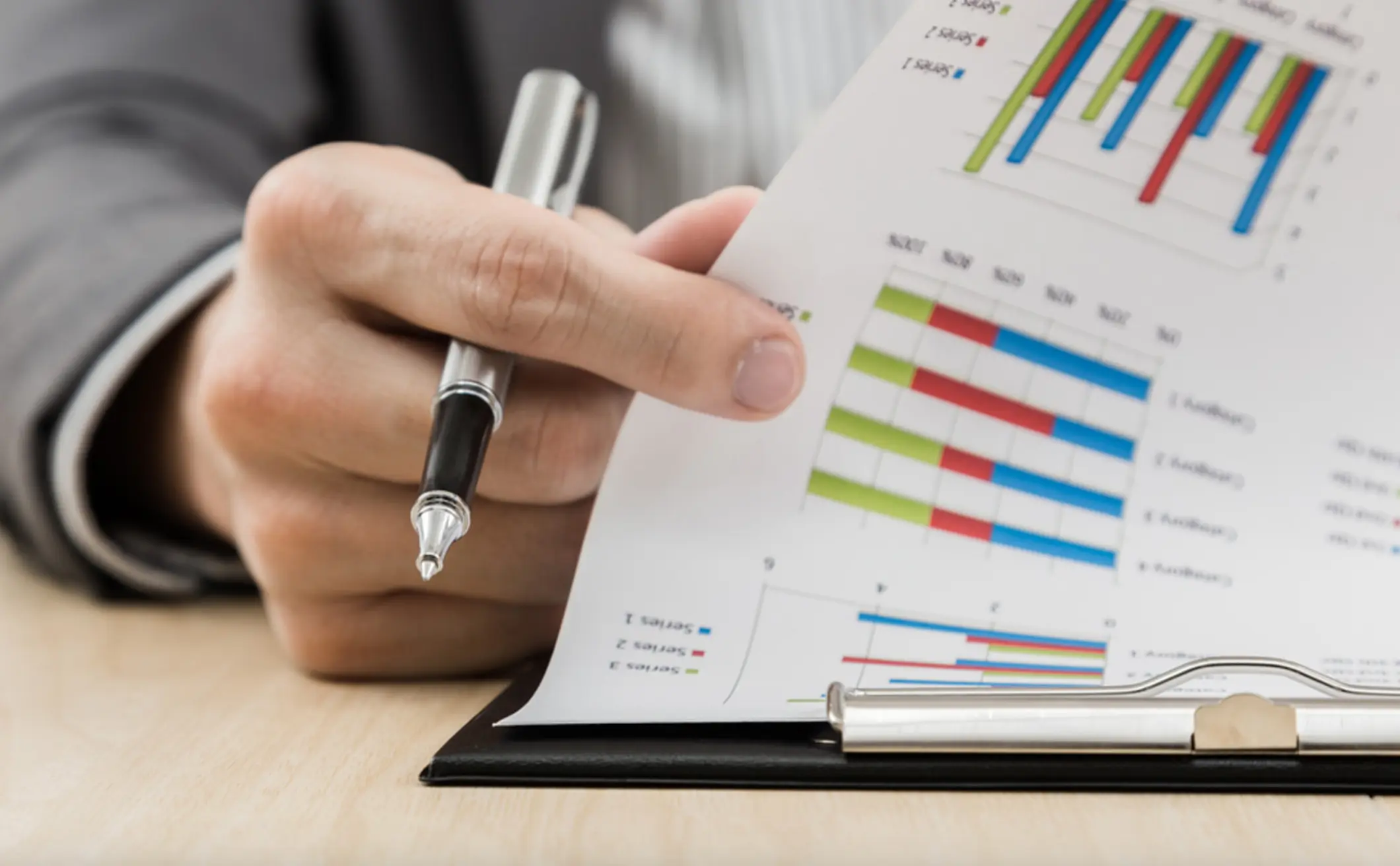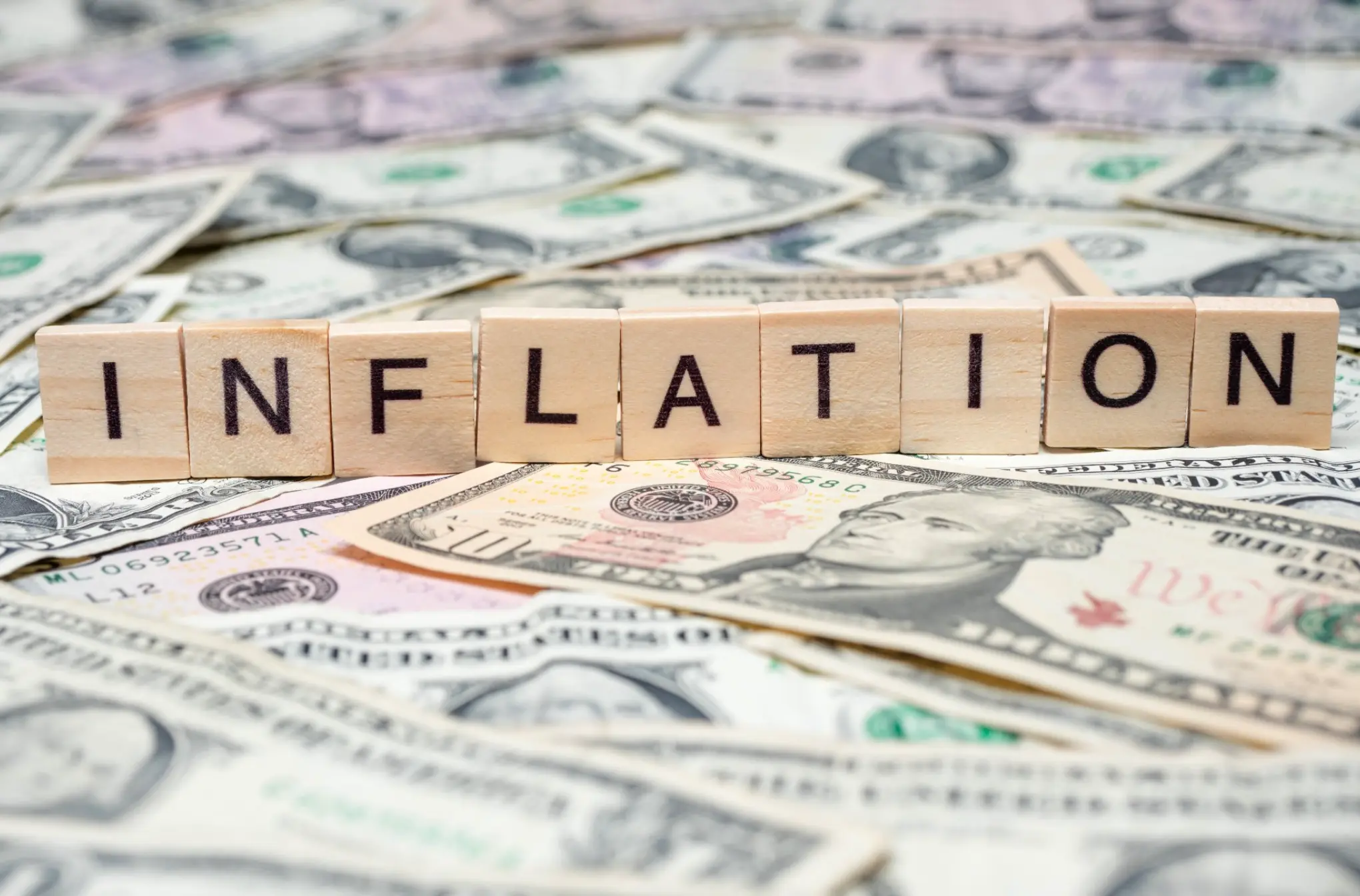Fundamental Analysis: Leveraging Economic Events for Smarter Trading
In the fast-paced world of trading, understanding economic indicators is key to making informed decisions. By interpreting key economic events, you can develop strategies that align with market trends and give you an edge. Let’s explore how to use economic data to optimize your trades.
1. Interest Rate Fluctuations: Follow Central Bank Moves
Interest rate decisions by central banks directly influence currency strength. Higher rates typically lead to a stronger national currency, creating potential buying opportunities. Conversely, lower rates can signal weakening currency, which might prompt you to sell.

2. Unemployment Reports: Gauge Currency Movement
Employment figures play a crucial role in currency markets. Rising unemployment can signal economic weakness, potentially causing a currency to drop, while a strong jobs report often leads to currency appreciation. Use these reports to position yourself in the right market direction.

3. GDP Reports: Assess Economic Health and Market Potential
Gross Domestic Product (GDP) is a key indicator of economic performance. Strong GDP growth suggests a healthy economy, often leading to higher stock and currency values. Keep an eye on GDP releases to identify trends and opportunities for investment.

4. Inflation Data: Predict Currency and Policy Shifts
Inflation affects currency value and signals potential central bank action, such as interest rate changes. Monitoring inflation data helps you anticipate policy shifts, guiding your trades and helping you stay ahead of the curve.

5. Confidence Indexes: Understand Economic Optimism
Consumer and business confidence levels offer valuable insight into future economic conditions. High confidence often leads to increased spending and investment, which can push both currency and stock markets higher. Track confidence reports to forecast potential market movements.

6. Trade Balances: Focus on Export Economies
A country’s trade balance—whether it has a surplus or deficit—can affect its currency. A positive trade balance, driven by strong exports, can strengthen a country’s currency. Look for trade data in export-driven economies to identify potential trading opportunities.

Bringing It All Together
Economic events provide a wealth of information to shape your trading strategy. By closely monitoring interest rates, unemployment data, GDP reports, inflation metrics, confidence levels, and trade balances, you can make better-informed decisions and align your trades with the broader market trends.
Use these insights to stay ahead of economic shifts and craft smarter, more strategic trades.
